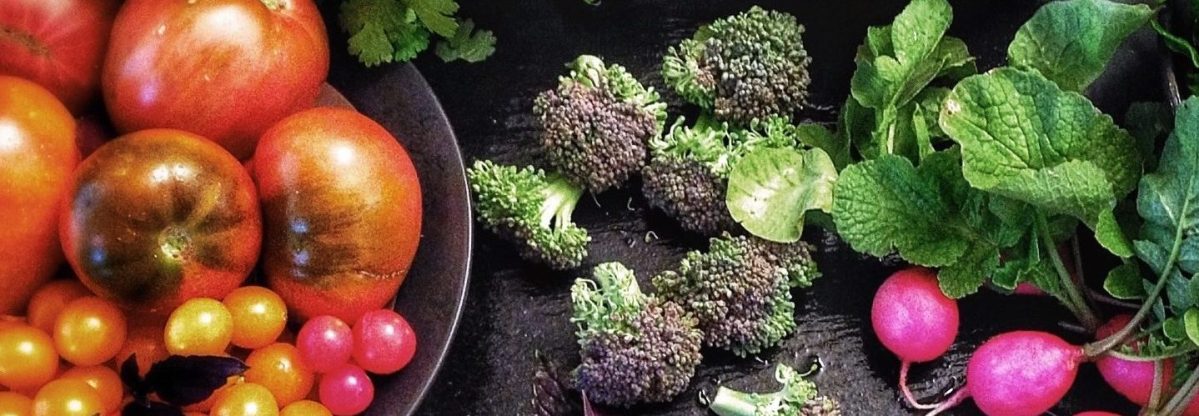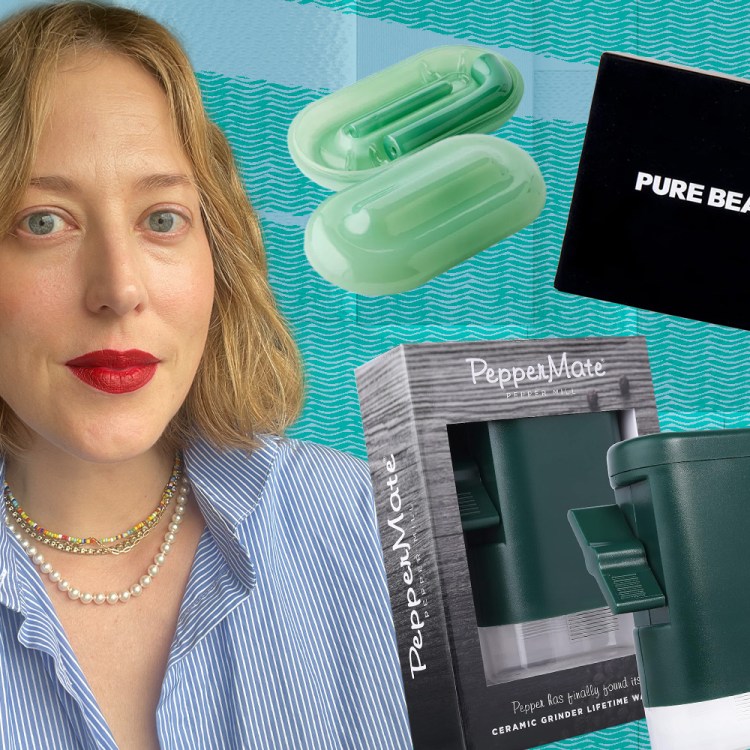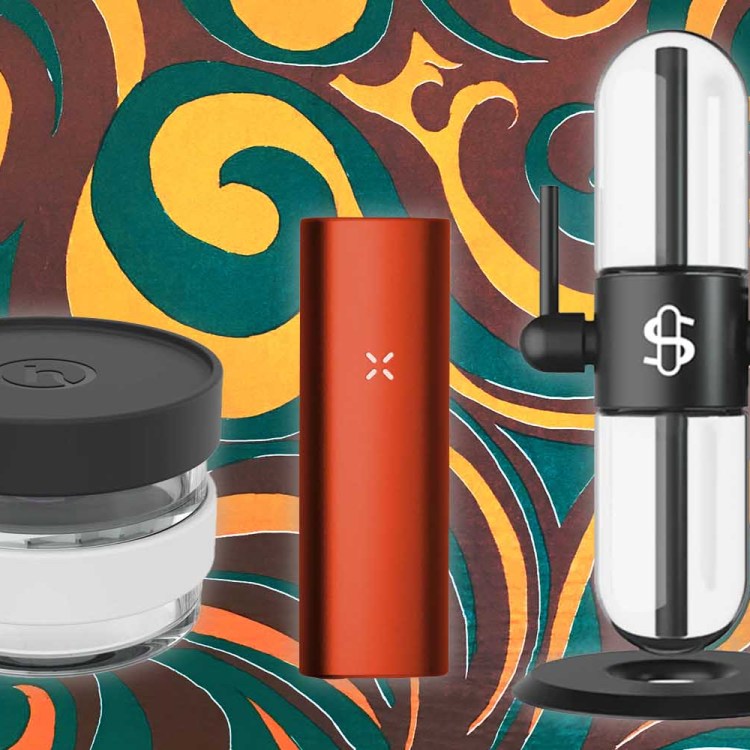Medical journalism is not very healthy right now.
Of all of the categories of fake news, misinformation about health is more pervasive and harder to weed out than any other kind, according to a new report in The Atlantic.
“My sense is that of all the categories of fake news, health news is the worst. There’s more bad health news out there than there is in any other category,” Kelly McBride, the vice president of the Poynter Institute, told The Atlantic. And “reliable sources on other topics are (sometimes) really bad on health care news.”
Some of this blame can be pinned on PR departments and researchers, the article notes. But journalists are also to blame for giving publicity to these “sensationalized studies,” even when they attempt to cover the material responsibly. Readers may believe the study’s results are more important than they actually are simply because a media outlet is giving the study a platform.
To put it simply, the article explains, science doesn’t jump ahead the way journalists like to cover the subject — and with high-stakes information about your well-being, people are clicking on those “junk news” headlines.
Whether you’re looking to get into shape, or just get out of a funk, The Charge has got you covered. Sign up for our new wellness newsletter today.
























